Think of a gas stove, when we use it a lot we use more and more fuel, soon there will be no more fuel left to make the stove work, so it's "out". The same thing with our bodies, when we have no more fuel or energy left, we also struggle to keep going, we're tired! If you're burned out, please take a break!
Are you burned out from work this week?Do you know who else is burned out this week? Our dog, Maggie.
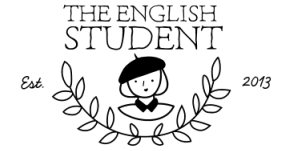
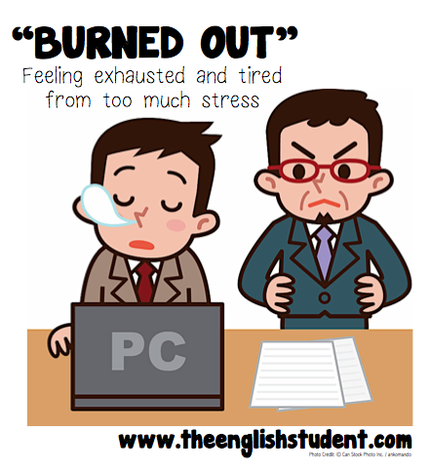
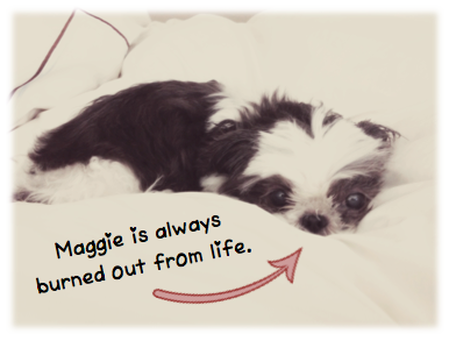
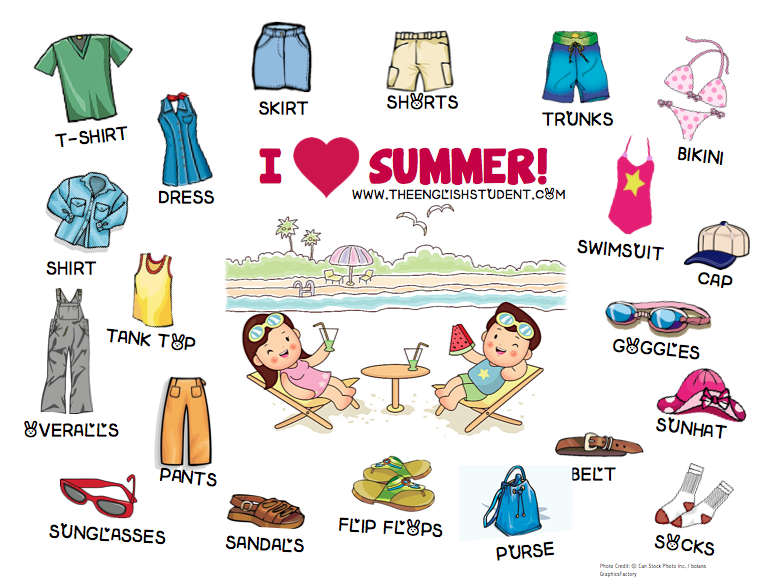
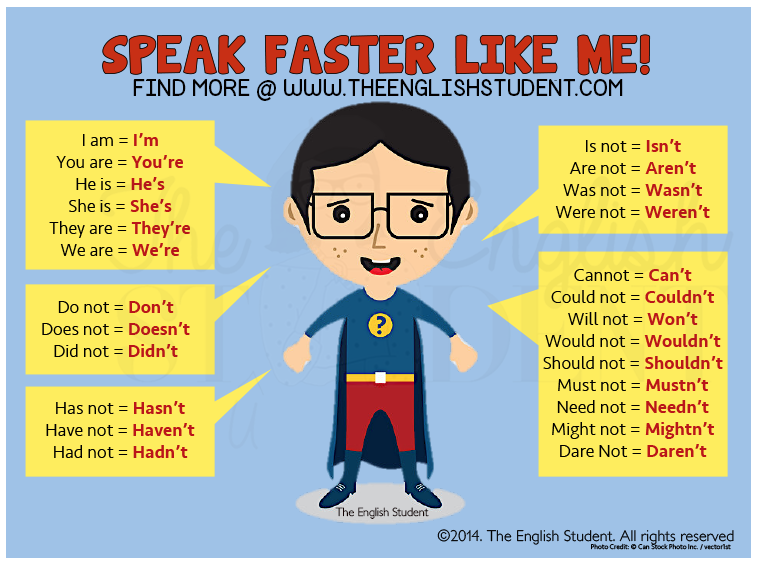

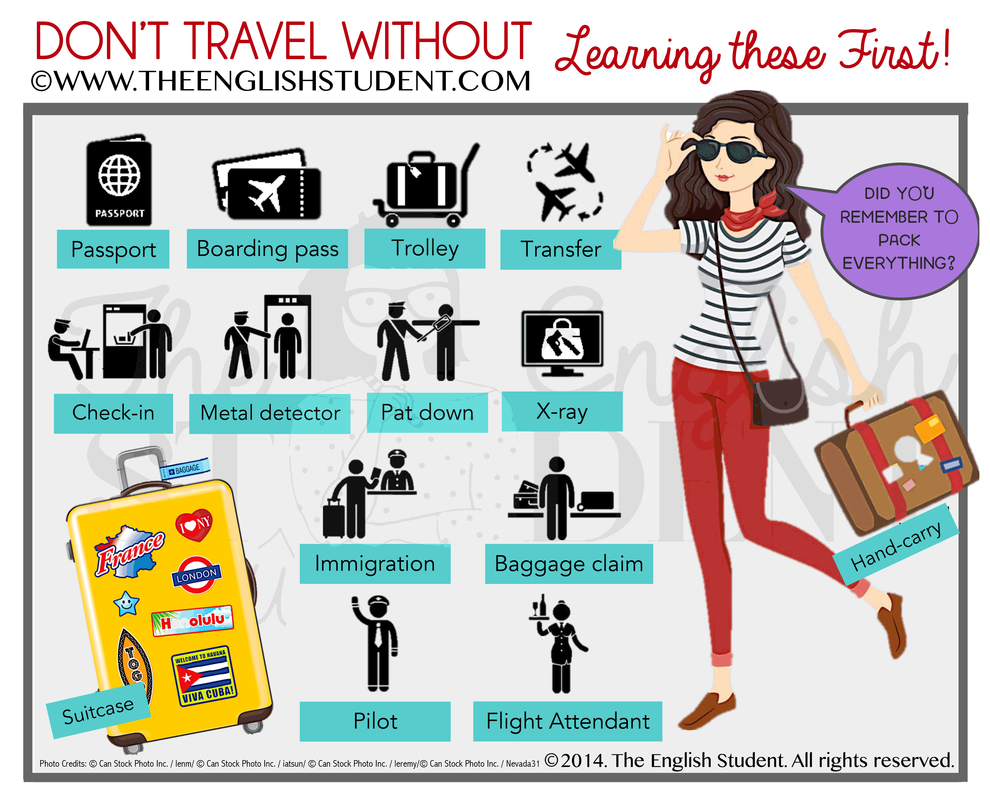

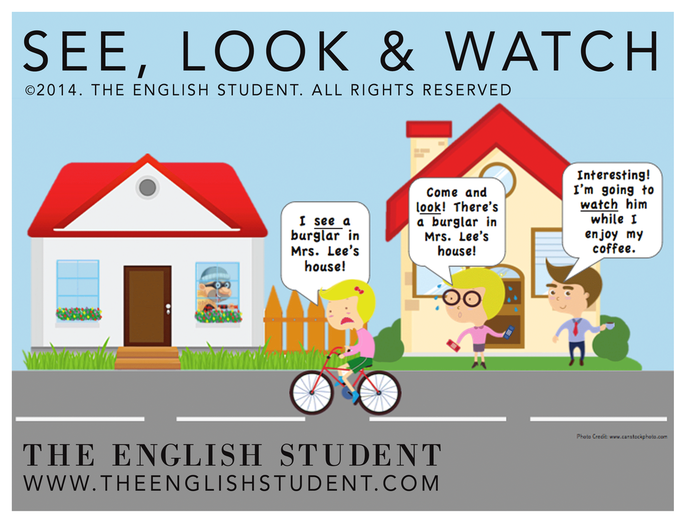






 RSS Feed
RSS Feed
